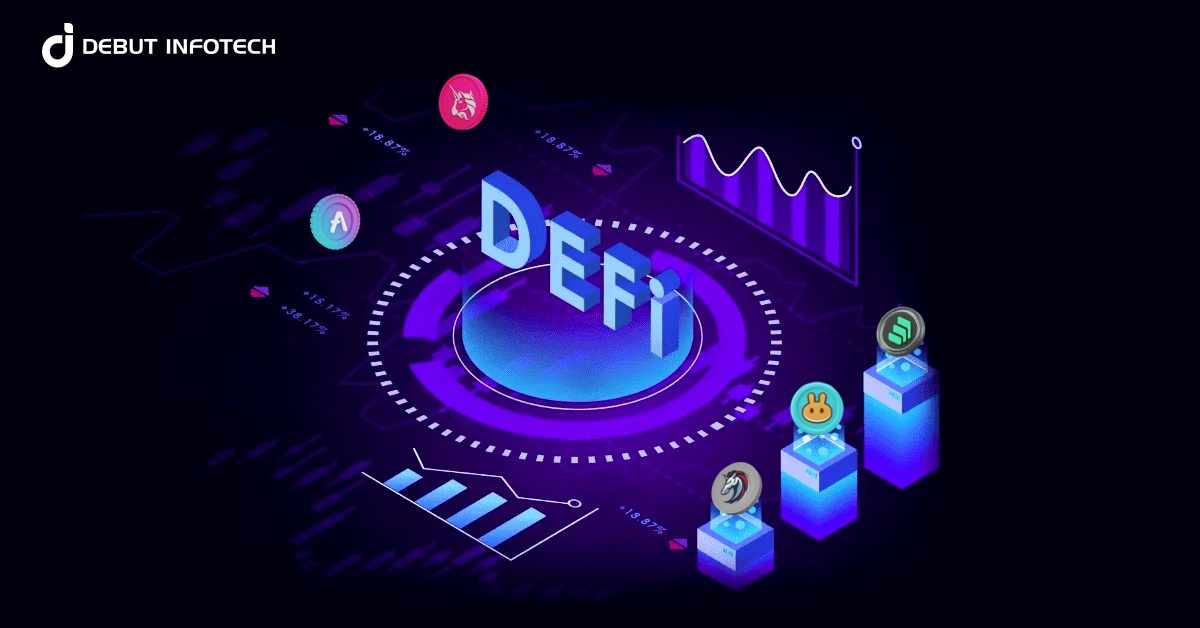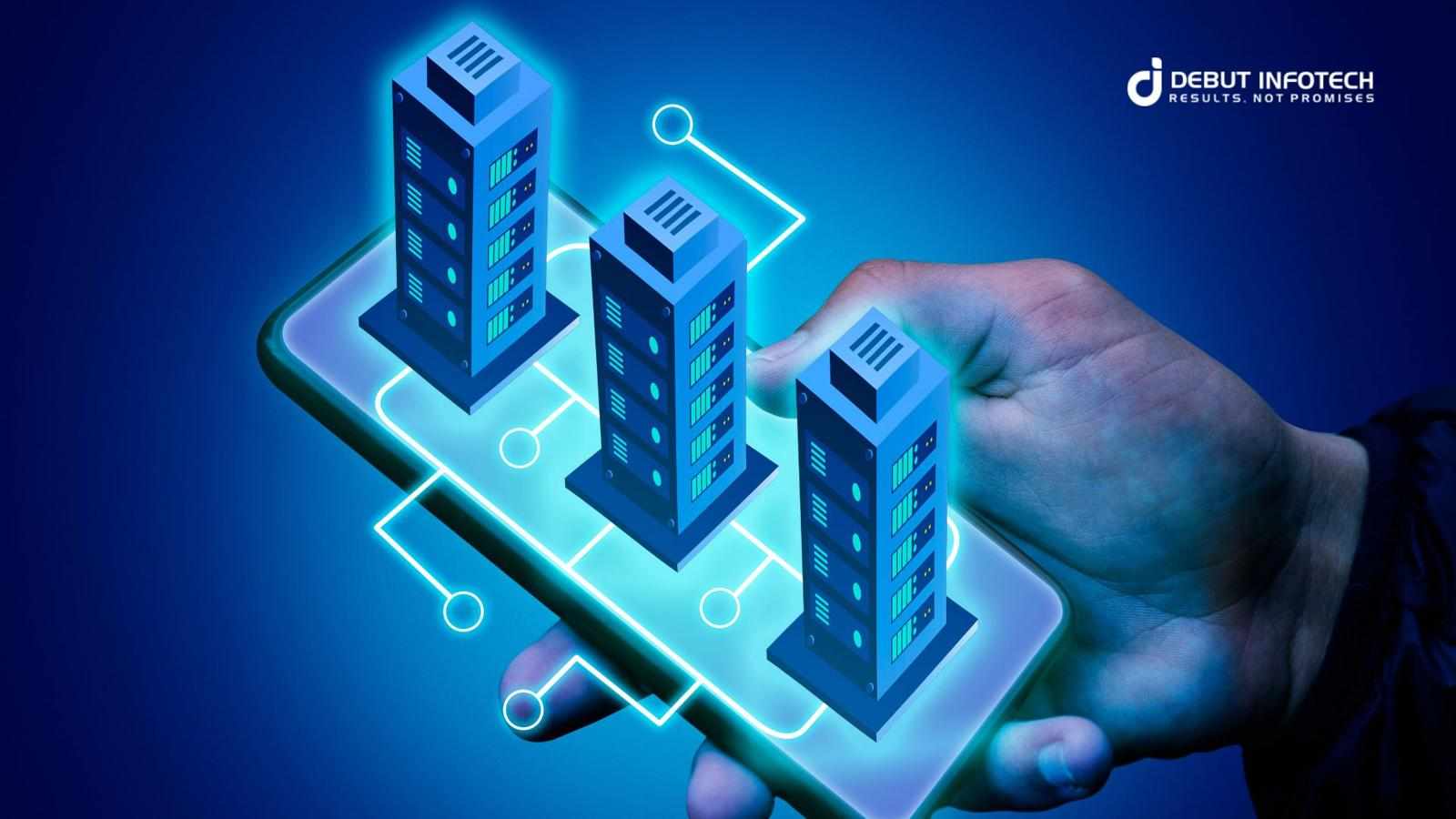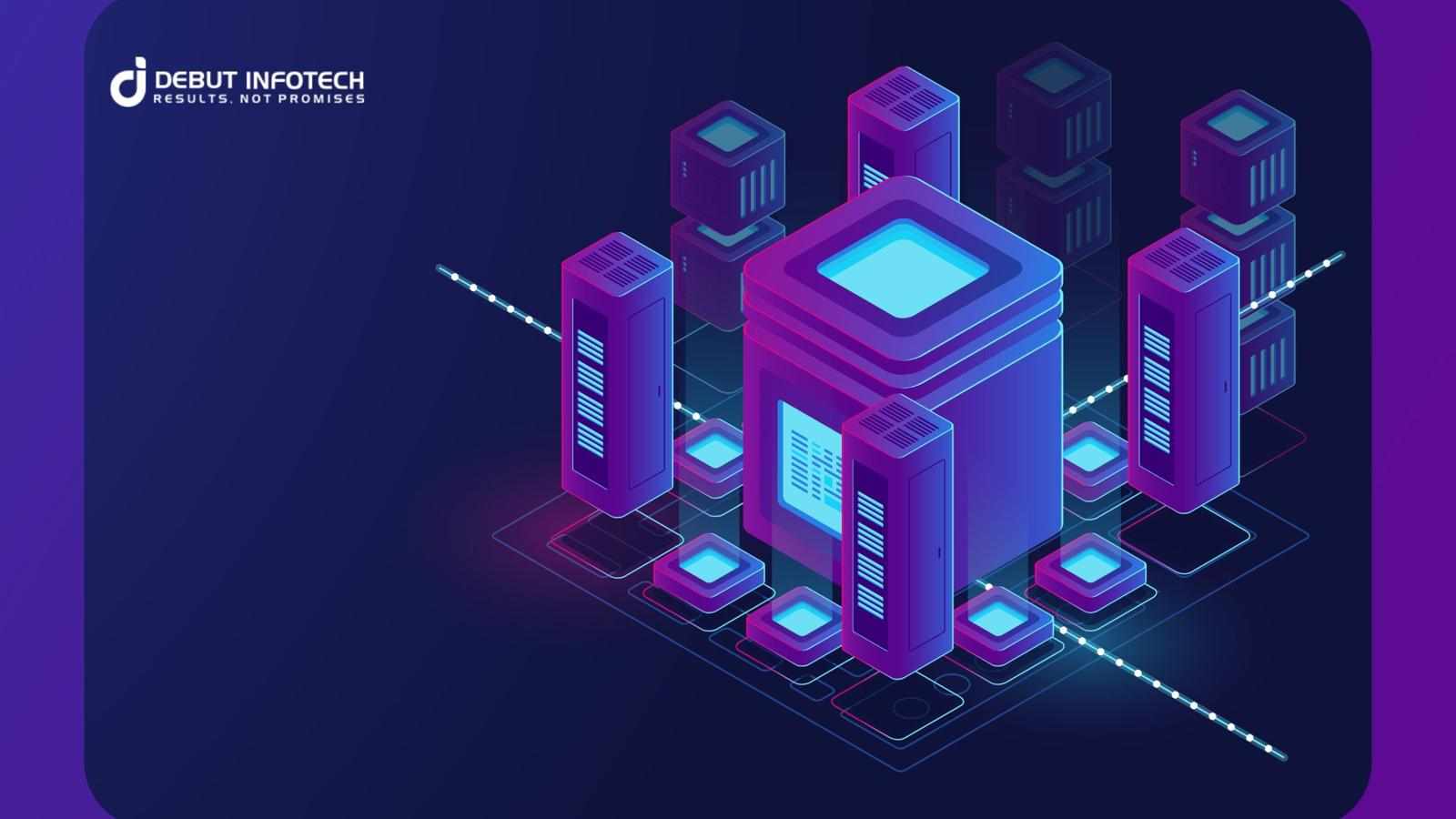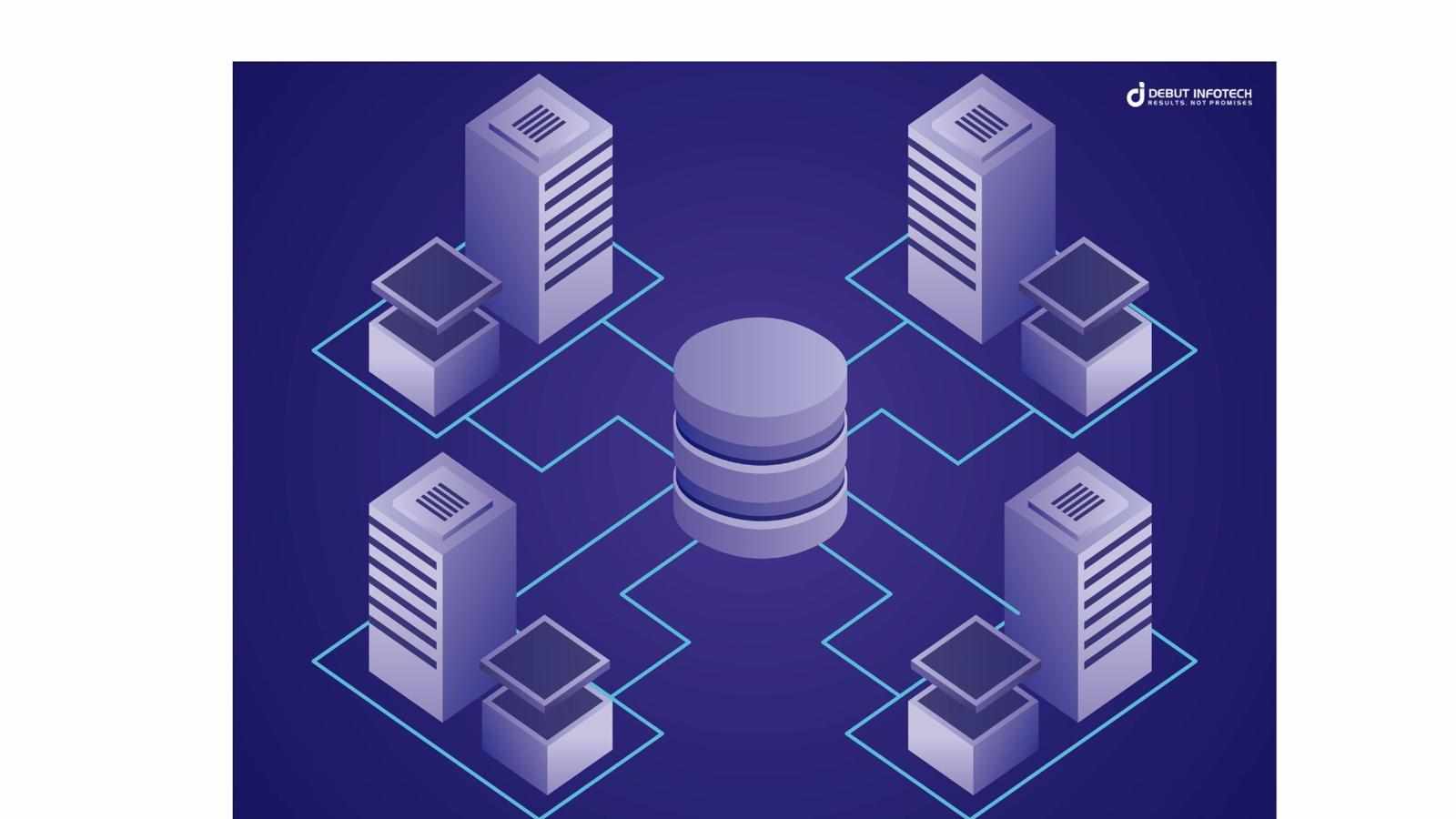
Introduction:
Blockchain technology has gained significant attention over the past few years, revolutionizing various industries with its promise of transparency, security, and efficiency. One area where blockchain is particularly impactful is supply chain management. By providing a decentralized and immutable ledger, blockchain addresses many of the challenges that traditional supply chains face. In this article, we will explore the importance of blockchain technology (Why is blockchain important) and its specific benefits for supply chains.
What is Blockchain?
Blockchain is a distributed ledger technology that records transactions across multiple computers in a way that ensures the security, transparency, and immutability of the data. Each block in the chain contains a list of transactions and a cryptographic hash of the previous block, linking them together. This structure makes it extremely difficult to alter or tamper with the data without the consensus of the network participants.
Importance of Blockchain in Supply Chain Management
1. Transparency
One of the most significant benefits of blockchain in supply chain management is enhanced transparency. With blockchain, every transaction is recorded in a public ledger that all participants can access. This transparency allows stakeholders to trace the journey of a product from its origin to the end consumer. For example, consumers can verify the source of their food products, ensuring they are ethically sourced and safe to eat. Increased transparency builds trust among all parties involved, including manufacturers, suppliers, retailers, and consumers.
2. Traceability
Blockchain enables precise tracking of products throughout the supply chain. Each step in the product’s journey can be recorded on the blockchain, creating an immutable history that can be accessed by all stakeholders. This traceability is invaluable in cases of product recalls, as companies can quickly identify the source of contamination or defects and take appropriate action. Additionally, traceability can help verify the authenticity of products, combating issues like counterfeiting and fraud.
3. Improved Efficiency
Traditional supply chains often involve multiple intermediaries, resulting in delays and increased costs. Blockchain streamlines processes by eliminating the need for intermediaries, allowing direct transactions between parties. Smart contracts—self-executing contracts with the terms of the agreement directly written into code—can automate various supply chain processes, such as order fulfillment and payments, reducing the time and effort required to complete transactions. This increased efficiency translates to faster delivery times and lower operational costs.
4. Enhanced Security
Blockchain’s decentralized nature provides a high level of security for supply chain data. Each transaction is encrypted and linked to the previous transaction, making it nearly impossible for any unauthorized party to alter or manipulate the data. This security reduces the risk of fraud, data breaches, and cyberattacks, protecting sensitive information such as contracts, payment details, and product specifications.
5. Cost Reduction
By streamlining processes and reducing the need for intermediaries, blockchain can significantly lower supply chain costs. The reduction in paperwork and manual processes leads to fewer errors and less time spent on administrative tasks. Additionally, enhanced traceability and transparency can help companies identify inefficiencies and optimize their operations, further driving down costs.
6. Sustainability and Ethical Sourcing
Blockchain technology can play a crucial role in promoting sustainability and ethical sourcing within supply chains. By providing detailed information about a product’s journey, companies can ensure that their suppliers adhere to ethical practices and comply with environmental regulations. Consumers increasingly demand transparency regarding the sustainability of the products they purchase, and blockchain can provide the necessary documentation to meet these expectations.
7. Real-Time Data Access
Blockchain enables real-time access to data across the supply chain. This instant access to information allows companies to make informed decisions quickly, respond to market changes, and manage inventory more effectively. For instance, retailers can better forecast demand and adjust their orders accordingly, reducing waste and improving profitability.
For more information read out the blog "artificial intelligence and music"
Use Cases of Blockchain in Supply Chain
Several industries have started adopting blockchain technology to enhance their supply chain operations. Here are a few notable use cases:
Food Supply Chain: Companies like Walmart and IBM have collaborated on projects using blockchain to trace the origin of food products, ensuring safety and quality. This traceability helps address food safety issues and improves consumer trust.
Pharmaceuticals: The pharmaceutical industry uses blockchain to combat counterfeit drugs by providing a secure and transparent way to track medications throughout the supply chain. This ensures that patients receive genuine products.
Fashion and Apparel: Brands like Provenance and Everledger are utilizing blockchain to provide consumers with information about the origin of their clothing and accessories. This promotes transparency in ethical sourcing and helps consumers make informed purchasing decisions.
Logistics: Companies like Maersk and Accenture are implementing blockchain to streamline shipping and logistics processes. By providing a single source of truth for all stakeholders, they can reduce paperwork, enhance visibility, and improve efficiency.
Conclusion
Blockchain development is becoming increasingly important in supply chain management due to its ability to enhance transparency, traceability, security, and efficiency. As businesses face growing pressures to provide transparent, ethical, and efficient supply chains, the adoption of blockchain will likely continue to rise.




















Write a comment ...